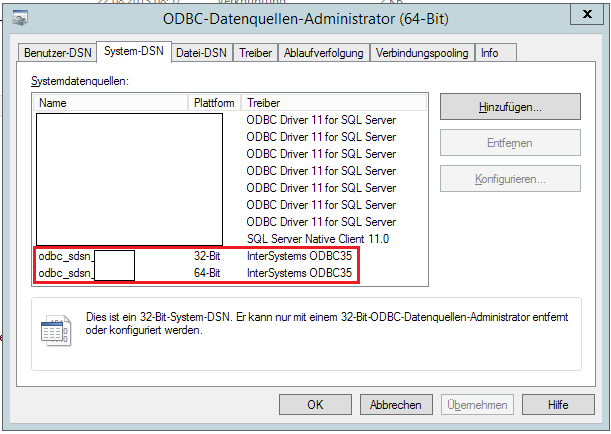I have a serial object:
Class EmbedObj Extends %SerialObject
which is stored as a property of another object
Class ContainerObj Extends %Persistent
Property InnerObj As EmbedObj;
Property Foobar As %String;
Question:
From within the context of an instance of EmbedObj, how can I navigate to the containing instance of "ContainterObj" and find that value of its Foobar property?

